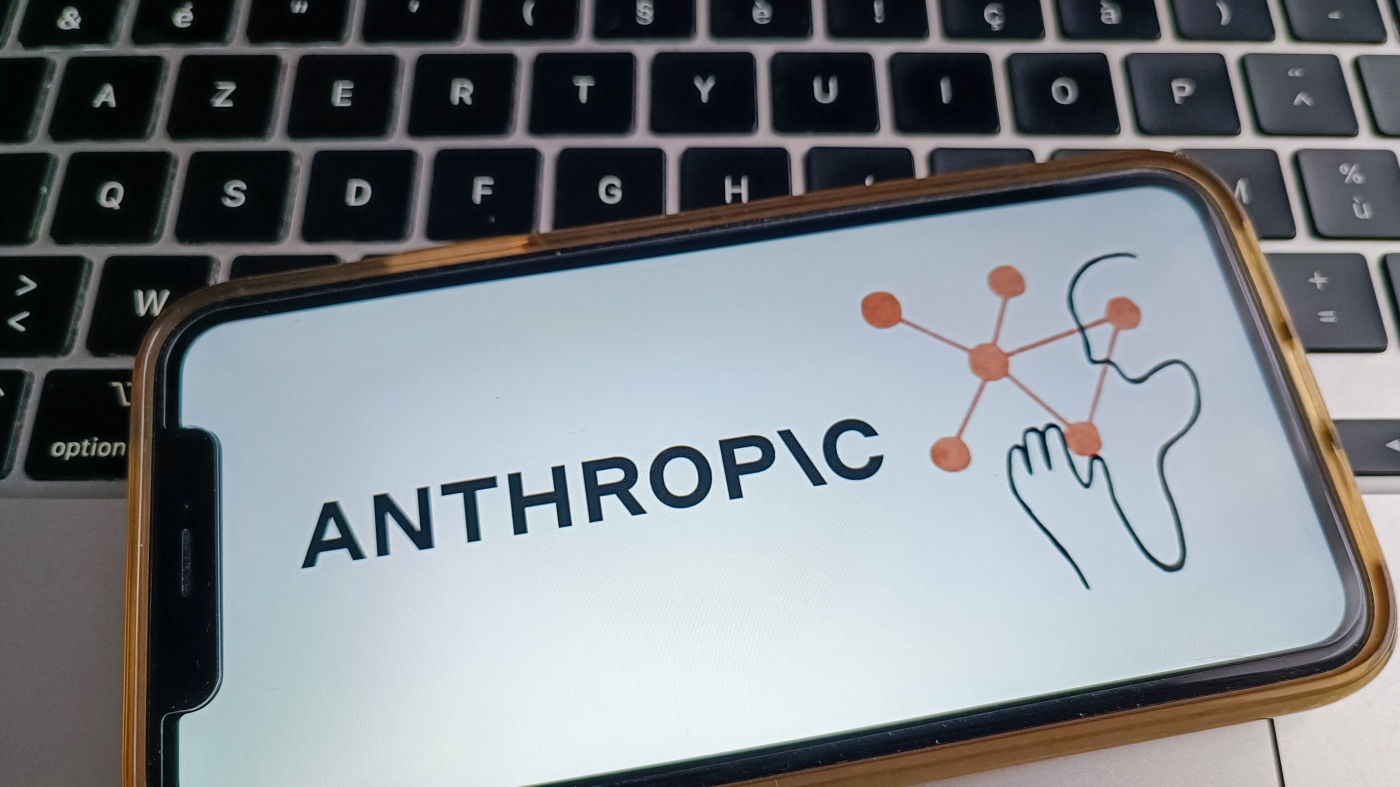In a groundbreaking move for copyright law and AI, Anthropic AI has settled a lawsuit for $1.5 billion. The case involved authors who claimed that the company used their books without permission to train AI models.
If approved, this settlement means each author will receive around $3,000 for each of an estimated 500,000 books involved. This case serves as a pivotal moment in the ongoing legal struggles between creative professionals and AI firms accused of infringing copyright.
The central issue here is “fair use.” This legal concept allows limited use of copyrighted material without permission, especially for commentary or education. AI companies often argue they are protected by this clause. However, many authors feel their rights are being ignored, leading to significant pushback.
Cecilia Ziniti, a tech lawyer, remarked, “This case marks a crucial step towards creating a fair licensing framework for AI companies.” Such policies would ensure that creators are compensated for their work, similar to how the music industry adapted to digital challenges.
The lawsuit began in 2024 when authors Andrea Bartz, Charles Graeber, and Kirk Wallace Johnson accused Anthropic of using their works to develop the AI model known as Claude. The authors stated that Anthropic didn’t seek permission or pay for using these texts, labeling it as piracy.
In an earlier ruling, U.S. Judge William Alsup said some uses of authors’ books for training AI might fall under fair use, while the unapproved use of over 7 million books was not acceptable. This verdict set the stage for the settlement.
Experts believe this case could reshape how AI companies interact with copyright owners. Justin Nelson, an attorney representing the authors, emphasized, “This landmark settlement sets a precedent requiring AI firms to compensate creators for their work.” It echoes a trend not just in literature but across creative industries, where copyright battles are increasingly common.
Public reactions are somewhat divided. While many authors celebrate the settlement, there are still concerns over how it might change the landscape. The Authors Guild’s CEO, Mary Rasenberger, stated that this victory could lead to more licensing agreements in the future.
The bigger picture shows that as AI technology evolves, so do the legal frameworks around it. Last year alone saw a dramatic rise in legal actions against AI companies, emphasizing how crucial these discussions are for the future of creativity.
An interesting trend on social media suggests heightened awareness about copyright in the digital age. Many users advocate for stronger protections for creators, pointing to this settlement as a potential catalyst for change.
Overall, this settlement not only highlights pressing issues surrounding copyright and AI but also signals a shift towards a more equitable relationship between technology and creators.


